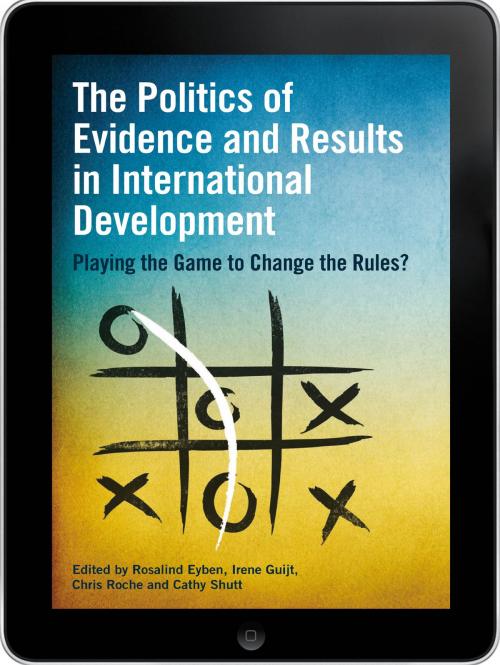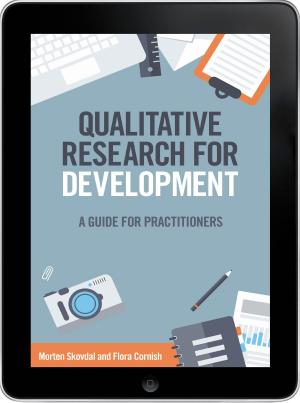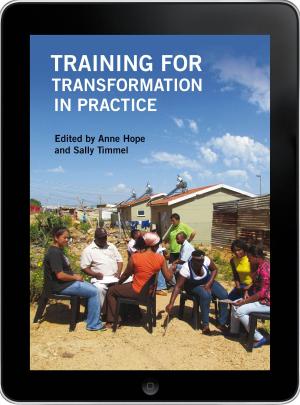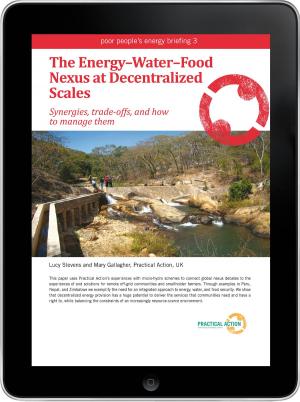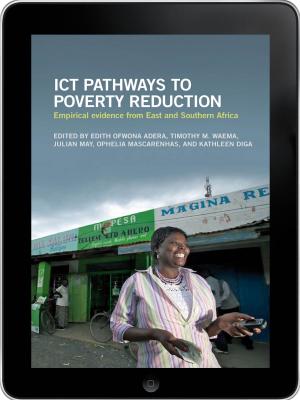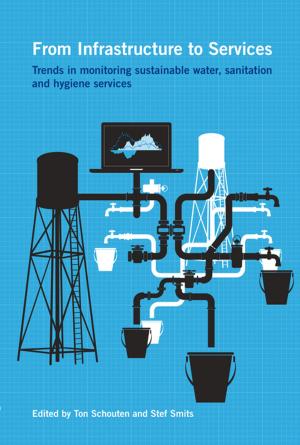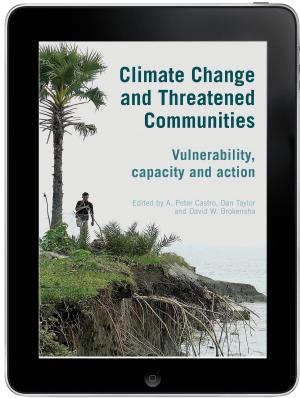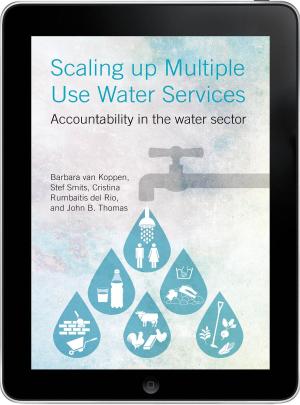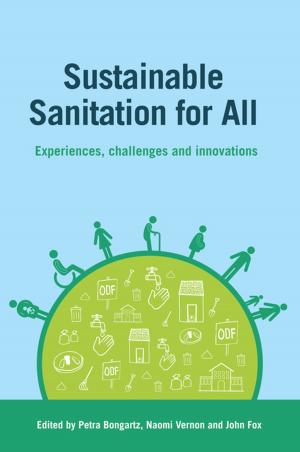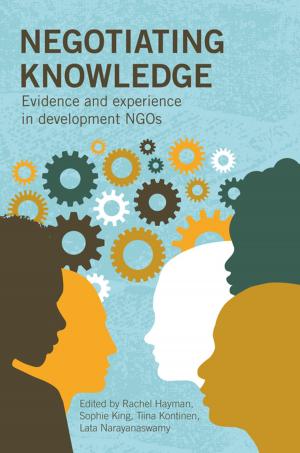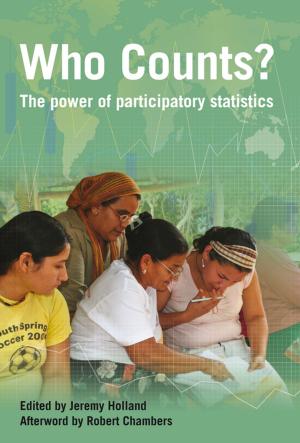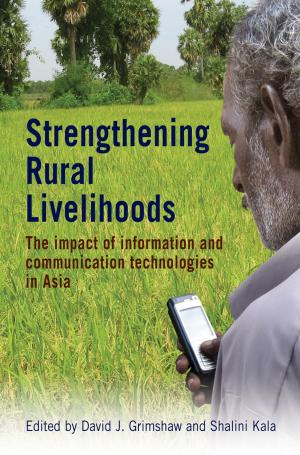The Politics of Evidence and Results in International Development eBook
Playing the game to change the rules?
Nonfiction, Reference & Language, Reference, Social & Cultural Studies, Social Science| Author: | ISBN: | 9781780448862 | |
| Publisher: | Practical Action Publishing | Publication: | July 15, 2015 |
| Imprint: | Practical Action Publishing | Language: | English |
| Author: | |
| ISBN: | 9781780448862 |
| Publisher: | Practical Action Publishing |
| Publication: | July 15, 2015 |
| Imprint: | Practical Action Publishing |
| Language: | English |
Understanding and demonstrating the effectiveness of efforts to improve the lives of those living in poverty is an essential part of international development practice. But who decides what counts as good or credible evidence? Can the drive to measure results do justice to and promote transformational change – change that challenges the power relations that produce and reproduce inequality, injustice and the non-fulfilment of human rights? The Politics of Evidence and Results in International Development critically examines the context and history of the current demands for results-oriented measurement and for evidence of value for money. The book looks at how organizations and individuals embrace, resist, adapt or comply with these demands. Practitioner case studies illuminate different sets of relationships in the aid chain, examining the impact of the demands for results and evidence on the pursuit of rights-based approaches and enquiring into whether the growing emphasis on upward accountability is trumping mutual learning. The book’s challenging conclusion identifies power-aware strategies for development practitioners, enabling them to generate and use results and evidence for transformational ends. This book will inspire development professionals and organizations to cultivate their political skills. It will encourage them to play the results and evidence game to support their own, not someone else’s agendas.
Understanding and demonstrating the effectiveness of efforts to improve the lives of those living in poverty is an essential part of international development practice. But who decides what counts as good or credible evidence? Can the drive to measure results do justice to and promote transformational change – change that challenges the power relations that produce and reproduce inequality, injustice and the non-fulfilment of human rights? The Politics of Evidence and Results in International Development critically examines the context and history of the current demands for results-oriented measurement and for evidence of value for money. The book looks at how organizations and individuals embrace, resist, adapt or comply with these demands. Practitioner case studies illuminate different sets of relationships in the aid chain, examining the impact of the demands for results and evidence on the pursuit of rights-based approaches and enquiring into whether the growing emphasis on upward accountability is trumping mutual learning. The book’s challenging conclusion identifies power-aware strategies for development practitioners, enabling them to generate and use results and evidence for transformational ends. This book will inspire development professionals and organizations to cultivate their political skills. It will encourage them to play the results and evidence game to support their own, not someone else’s agendas.
